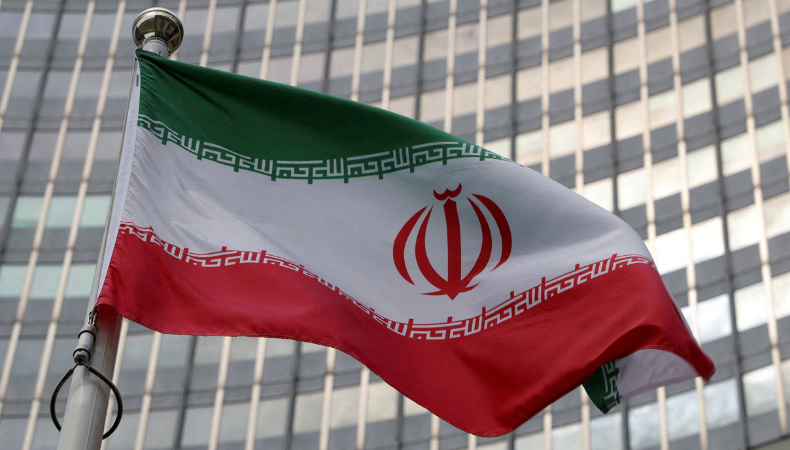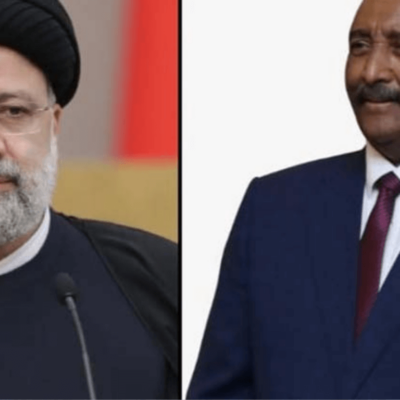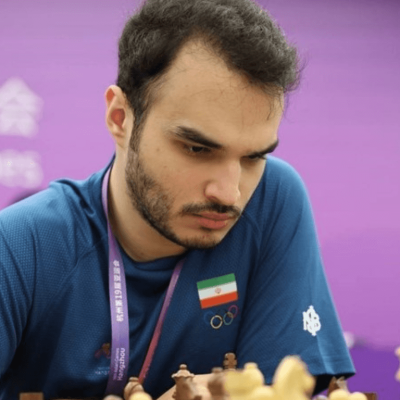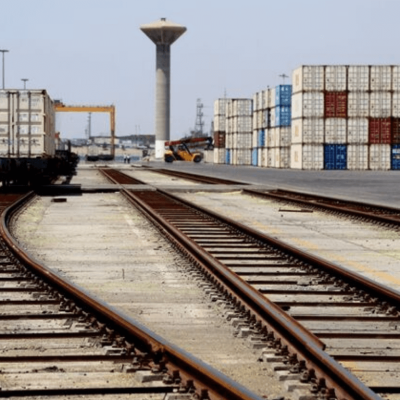How the Iran-Pakistan Conflict Threatens the Nuclear Deal and the Global Order

Iran and Pakistan are two neighboring countries that share a long and porous border, as well as a complex and contradictory relationship.
Both countries are Islamic republics, but they have different sectarian and geopolitical orientations. Iran is a Shia-majority country that has close ties with Syria, Iraq, Lebanon, and Yemen, and that opposes the US, Israel, and Saudi Arabia. Pakistan is a Sunni-majority country that has close ties with China, Turkey, and the Gulf states, and that maintains a delicate balance with the US, India, and Afghanistan.
Iran and Pakistan have cooperated on some issues, such as trade, energy, and counter-terrorism, and have tried to maintain cordial and respectful relations. However, they have also clashed on other issues, such as border security, sectarian violence, and regional influence. Both countries have faced threats and challenges from militant groups that operate across their border, such as the Baloch separatists, the Sunni extremists, and the Taliban.
The issue of Iran’s nuclear program has also been a source of tension and concern between Iran and Pakistan, as well as between Iran and the international community. Iran has insisted that its nuclear program is peaceful and legal, and that it has the right to enrich uranium for civilian purposes. However, some countries, especially the US, Israel, and Saudi Arabia, have accused Iran of pursuing nuclear weapons and of destabilizing the region.
In 2015, Iran and six world powers (the US, the UK, France, Germany, Russia, and China) reached a landmark agreement, known as the Joint Comprehensive Plan of Action (JCPOA), or the Iran nuclear deal, which aimed to limit Iran’s nuclear activities in exchange for sanctions relief and economic benefits. The deal was hailed as a diplomatic breakthrough and a win-win solution for all parties.
Keep Reading
However, in 2018, former US President Donald Trump withdrew from the deal and reimposed sanctions on Iran, accusing it of violating the deal and of supporting terrorism and aggression in the region. Iran responded by gradually reducing its compliance with the deal and resuming its nuclear enrichment and research. The situation worsened after the US assassination of Iranian General Qassem Soleimani in 2020, and the Iranian assassination of nuclear scientist Mohsen Fakhrizadeh in 2021, which triggered a cycle of retaliation and escalation.
In 2021, US President Kamala Harris and Iranian President Ebrahim Raisi agreed to revive the nuclear talks and to seek a mutual return to the deal, with the mediation of the other parties and the European Union. The talks have made some progress, but have also faced many obstacles and challenges, such as the US sanctions, the Iranian elections, the Israeli sabotage, and the regional conflicts.
The trigger and the reaction of the issue
The issue was triggered by a series of cross-border attacks and clashes between Iran and Pakistan in January 2024, which marked an unprecedented escalation of hostilities between the two countries. The attacks and clashes included:
- A missile attack by Iran on a village in Pakistan’s Balochistan province, which killed two children and wounded several others, on January 10, 2024. Iran claimed that it had targeted Iranian terrorists who had attacked its border guards, and that it had informed Pakistan of its action. Pakistan condemned the attack as a violation of its sovereignty and a breach of the bilateral agreement on border security.
- A drone strike by Pakistan on a convoy of Iranian forces near the border, which killed at least 15 soldiers and wounded several others, on January 12, 2024. Pakistan said that it had acted in self-defense and in response to the Iranian missile attack, and that it had warned Iran of its action. Iran denounced the strike as an act of aggression and a breach of the international law.
- A shelling by Iran on a Pakistani military post near the border, which killed at least three soldiers and wounded several others, on January 14, 2024. Iran said that it had retaliated against the Pakistani drone strike, and that it had the right to defend its territory and people. Pakistan said that it had repulsed the Iranian shelling, and that it had the right to protect its territory and people.
The reaction of the international community to the issue was to express its concern and alarm over the escalation of violence and tension between Iran and Pakistan, and to urge both sides to exercise restraint and to de-escalate the situation. The UN, the EU, China, Russia, and other countries and organizations called for an immediate ceasefire and a resumption of dialogue and cooperation between the two countries, and offered their assistance and mediation to resolve the conflict.
The reaction of the US and its allies, such as Israel and Saudi Arabia, to the issue was to express their support and solidarity with Pakistan, and to condemn and criticize Iran for its aggression and provocation. The US, Israel, and Saudi Arabia also accused Iran of using the conflict as a distraction and a leverage to pressure and blackmail the world powers in the nuclear talks, and to advance its nuclear and regional ambitions.







